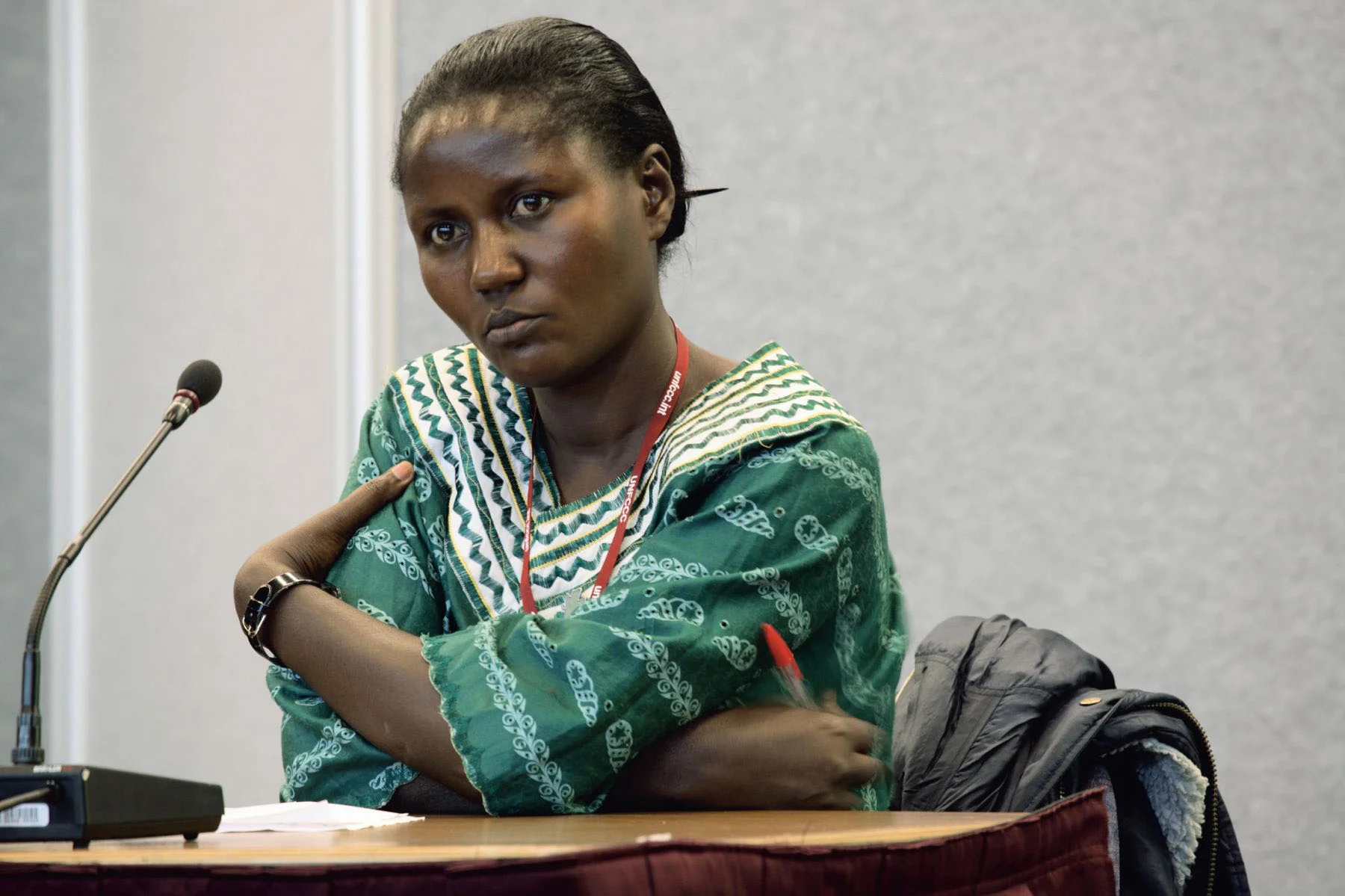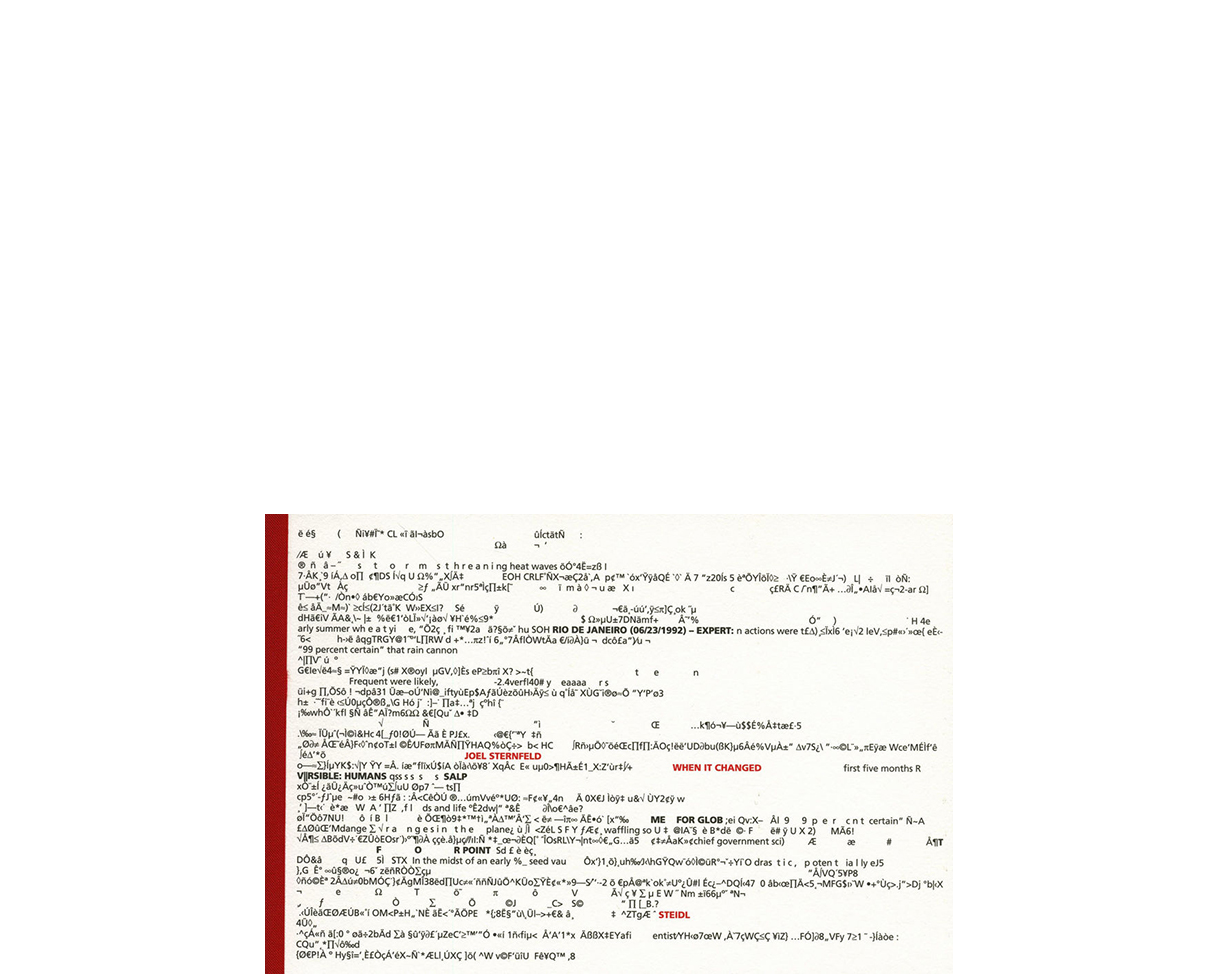Car mechanic Jorge Odón demonstrating a technique of removing a cork from a wine bottle which was was the inspiration for his lifesaving birthing device, Buenos Aires, Argentina
Car mechanic Jorge Odón demonstrating a technique of removing a cork from a wine bottle which was was the inspiration for his lifesaving birthing device,
Buenos Aires, Argentina
Youtube was invented in 2005 as a video-sharing website by a group of employees of the online payment company PayPal. The website has now grown to have more than 800 million users and 4 billion video views per day. In 2010, journalist Chris Anderson postulated that Youtube could accelerate human scientific advancement and create "the biggest learning cycle in human history.”
After watching a Youtube video demonstrating a method of extracting a cork from a wine bottle without breaking the bottle, Odón dreamt that a similar methodology could be used in instances of difficult childbirth. When he woke the next morning, Odón immediately began to use his daughter’s doll (pictured above) to experiment.
The device has now been licensed by Becton Dickinson Corporation and is currently in product development. It is expected to save millions of lives in the developing world and reduce countless caesareans in the developed world each year.
Shead, Sam, Google’s internet beaming Project Loon balloons are now being tested in Sri Lanka, Business Insider, 16 February 2016.
http://www.businessinsider.com/googles-internet-beaming-project-loon-balloons-are-now-being-tested-in-sri-lanka-2016-2?r=UK&IR=T
Shead explains that Google’s Project Loon is attempting to bring internet access to rural places across the globe that still lack access. According to Project Loon “two-thirds of the world’s population does not yet have internet access.” The team plans to combat this through a “network of balloons traveling on the edge of space, designed to connect people in rural and remote areas, help fill coverage gaps, and bring people back online after disasters.”
Shead reports that the balloons themselves “have a lifespan of 180 days will be twice as high as commercial airliners and hard to see from the surface of the Earth.” This stage of the project will take place in Sri Lanka, while previous test have been conducted in the Australian Outback and Indonesia.
Andrews, Evan, 11 Innovations that Changed History, December 18, 2012
https://www.history.com/news/history-lists/11-innovations-that-changed-history
The creation and spread of the Internet and access to it has most likely been the biggest innovation to help shrink the world and increase global communication and knowledge. Long before the internet, the printing press was invented in 1440, which allowed for a much larger and faster production of written materials. Similarly, the invention of the telegraph and in the 18th century, followed by the telephone, completely reworked our ways of communication, making it easier and faster than it had ever been before.
Garfield, Leanna, English is losing its status as the universal language of the Internet, Business Insider, Jan 3, 2016
http://www.businessinsider.com/english-is-losing-its-status-as-the-universal-language-of-the-internet-heres-why-thats-a-good-thing-2015-12
According to research done by Alvaro Blanco from Funredes (a nonprofit that studies the use of technology in the developing world) English, although still the dominating language used on the Internet, is falling in use. In just a decade English went from holding 80% of the internets content, to 45%. However, it still drowns out every other language greatly. For example, even though Mandarin is the most commonly spoke language on earth, it still only takes up 2.1% of the Internet. It should be noted, though, that these numbers do not take into account activity on social media sites like Facebook and twitter, who's content is user driven, and thus, who's language is as well. These problems have resolutions in the works. Softwares that expertly translate web pages are being perfected and becoming more accessible. this will allow anyone to read any website in any desired language, hopefully decolonizing the Internet.
Elgan, Mike, How Digitized Content Democratizes Knowledge, PCWORLD, Jan 1, 2010
https://www.pcworld.com/article/185708/how_digitized_content_democratizes_knowledge.html
Some argue that the Internet is a form of democratization, as it is creating a platform for knowledge to be dispersed. For example, a magazine subscription which would have been non-portable and costly, is now at our fingertips, or the Library of Congress, which holds some documents too delicate to touch, is now fully available online. This spreading of ideas and information has never been possible quite like the Internet has made it. There has been a destruction of the monopolization of information with the creation of the internet. One can learn piano on youtube, or access textbook quality information on wikipedia, the possibilities are seemingly endless.
Hard Evidence: how does false information spread online? The Conversation, April 16, 2014
https://theconversation.com/hard-evidence-how-does-false-information-spread-online-25567
Although the Internet has done plenty of good for the world, it has also been the culprit for the spread and verification of false information, or as it is commonly being referred to as “false news”.
For example, when the infamous Malaysia Flight MH370 disappeared without a trace, many social media user reported that the flight had actually landed safely, prompting families to believe their loved ones were safe, NBC news picked up on these rumors and reported them to be true, only to later retract that report and state that the flight was indeed still missing, as it remains to be to this day. Additionally, after the Boston Marathon Bombing in 2013, the New Yrok Post got hold of two images of people who had been identified on Reddit (a popular online forum) as the suspects. The New York Post published these images on the front page, only to find out that these men in the pictures had literally nothing to do with the case.
The WEF showed that in 2014 “rapid spread of false information” was a key trend, it was still found that Internet users trust the reliability of the information they find online, showing that most users are not concerned about the information they are reading online. In fact, users believe the internet to be a more reliable source of news than television or radio.













































